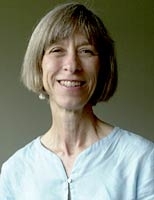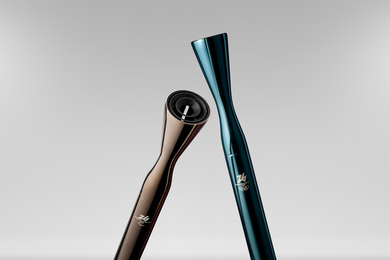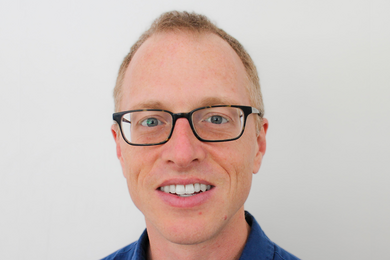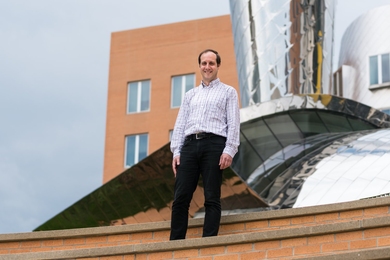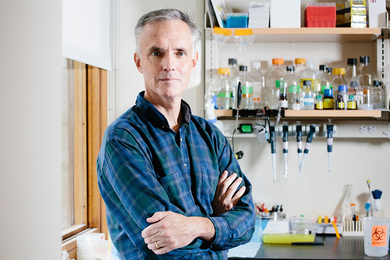Can scientists do anything to limit the spread of dangerous technologies? If so, can they do so and keep science free and open? What role should MIT students play in addressing these questions, and what responsibilities do they bear as the world's future leaders in science?
These questions were the focus of "A Conversation Among Future Scientists on Science in an Age of Terrorism" in Wong Auditorium on April 21.
Moderating the discussion and drawing on some of the material used in her course "Technology in a Dangerous World" was Professor Rosalind Williams, the Metcalfe Professor of Writing and Director of the Program in Science, Technology and Society (STS).
Professor of Political Science Stephen Van Evera discussed the democratization of the methods of destruction--the frightening fact that dangerous technologies and substances can now be manufactured and disseminated by individuals or small groups, not just states. He urged MIT to address these issues in its courses, and recommended that students read "Our Final Hour" by Martin Rees, an English cosmologist and astrophysicist.
Three graduate students gave presentations. They were Gregory Koblentz of political science and the Security Studies Program, who spoke about bioterrorism; Julien Bachmann of chemistry, who addressed terrorism and chemistry; and Alexander Brown of STS.
Discussion among audience members and presenters focused on attempts to regulate the development of dangerous materials as well as more basic questions such as whether it's futile or advisable to try to "put the brakes" on science. Many expressed the hope that MIT will find ways to address these questions in its curricula as well as at other public events.
The forum was sponsored by the Kailath International Student Fund, established at the International Students Office (ISO) by Professor of Electrical Engineering George Verghese in honor of his father-in-law, Thomas Kailath, an MIT alumnus and professor emeritus of engineering at Stanford University. The fund aims to foster a sense of global citizenship among MIT's diverse student body in the aftermath of 9/11.
A version of this article appeared in MIT Tech Talk on May 12, 2004 (download PDF).
